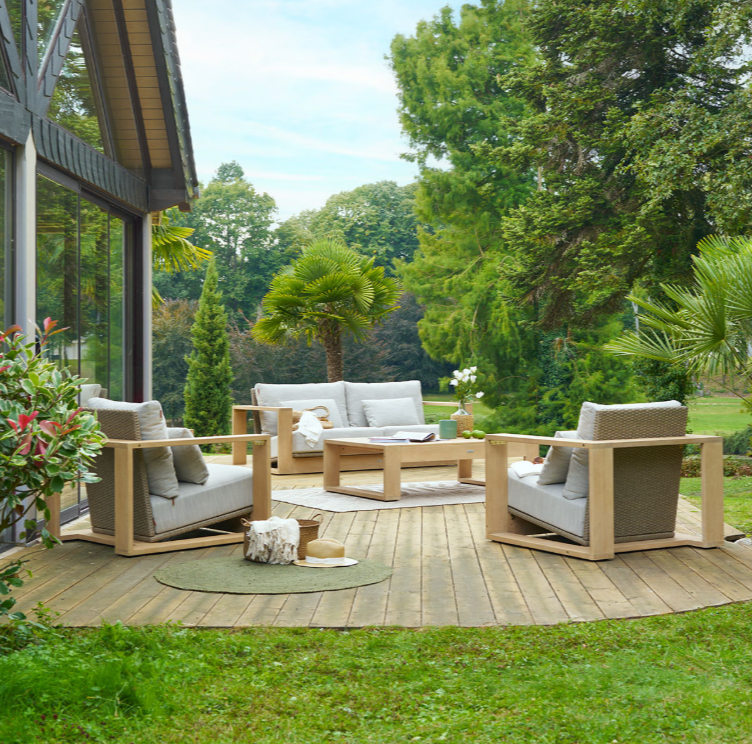Sustainable décor: zero impact doesn't exist – but action does
By Judith Laloupo, CSR Director, JJA Group

Our interiors tell our story, reflect our values and shape our daily lives. But they can also transform the world. As a key player in home furnishings and decoration, JJA has a responsibility to participate in this silent revolution, where social and environmental responsibility and the art of living come together in harmony. Let me explain why this transformation is not a utopia, but a reality in the making.
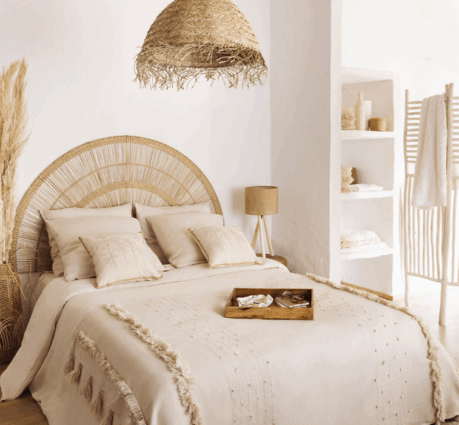

A few months ago, while visiting one of our partner factories in Spain, I came across a story that left a lasting impression. The employees of this family-run company, which produces glass demijohns, had organised themselves into a cooperative and made a bold decision to source only recycled glass. This initiative, born from a collective conviction, perfectly illustrates what the home of tomorrow should be: sustainable, meaningful – and above all, human.
The revolution begins at home
Every object we choose, every piece of furniture we bring into our homes, leaves a mark on the environment – from production impacts such as biodiversity loss, water consumption, air pollution, or carbon emissions to social impacts tied to working conditions. To reduce this footprint, we need to rethink how we build and live in our homes.
A sustainable home is not just about the building itself, but also about the objects that fill it. Such a home is healthy for its occupants—free from volatile organic compounds (VOCs) that pollute indoor air—and designed to have the lowest possible environmental impact. This applies throughout its lifecycle: during use, by employing low-impact materials, ensuring good insulation, limiting energy consumption, or using renewable energy; and at the end of life, by ensuring materials are recyclable.
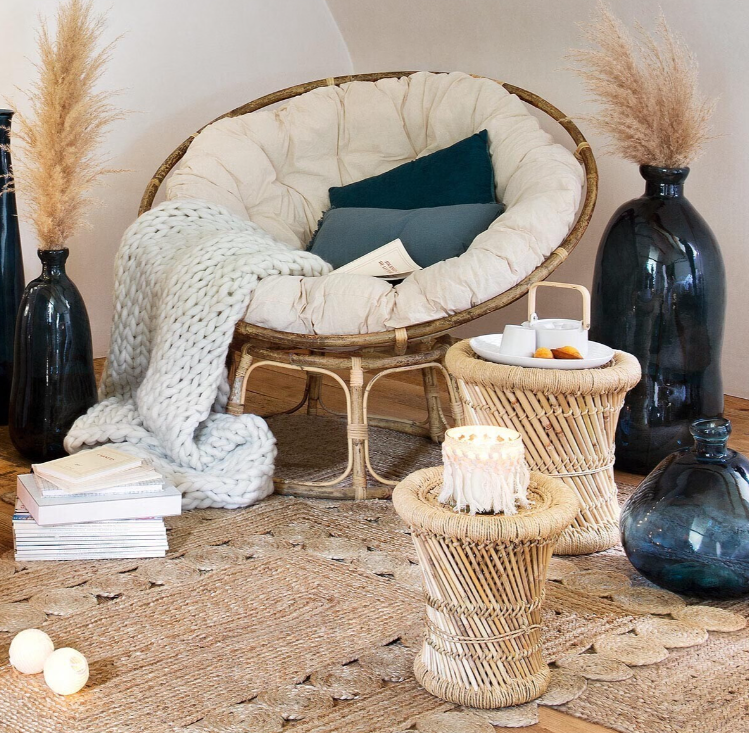
Eco-socio-design: our collective duty
Buildings, furniture, and decorative objects don’t appear out of nowhere. Behind every item are people who designed, developed, and produced it. Eco-social design is about acknowledging this and ensuring that environmental and social considerations are built in from the start. That’s why at JJA, almost 100% of our purchasing spend is covered by social audits, assessing working conditions in our suppliers’ factories. Since 2023, we have also begun verifying environmental production standards, and today over 25% of our purchasing spend is covered by environmental audits.
These social audits feed into JJA’s Good Living Score framework, alongside other crucial factors: transport methods, product weight, material choices, certifications, number of spare parts (to assess reparability), lifespan, and recyclability.
The score shows which factors have the greatest impact. For example, even if a product comes from China, transport is not necessarily the largest contributor – it may represent only around 10% of the product’s environmental cost. Our own carbon footprint tells a similar story: transport accounts for just a tenth of the company’s CO₂ emissions. The biggest impact comes from the materials used, making their selection absolutely critical.
The material question
France is one of the world's leading producers of hemp, which offers exceptional thermal and acoustic insulation. Here we have a local, high-performing material that could revolutionise our interiors, including decorative objects. And yet, it remains underused! The same goes for mycelium, a mushroom-derived material that provides a serious alternative to petroleum-based foams and textiles.
When designing a sustainable home, we must consider materials' end of life from the very start. If a home is remodelled, can its materials be reused elsewhere? This thinking is crucial for maintaining ecological balance and protecting ecosystems – whether we're designing a building, furniture, or decorative objects.
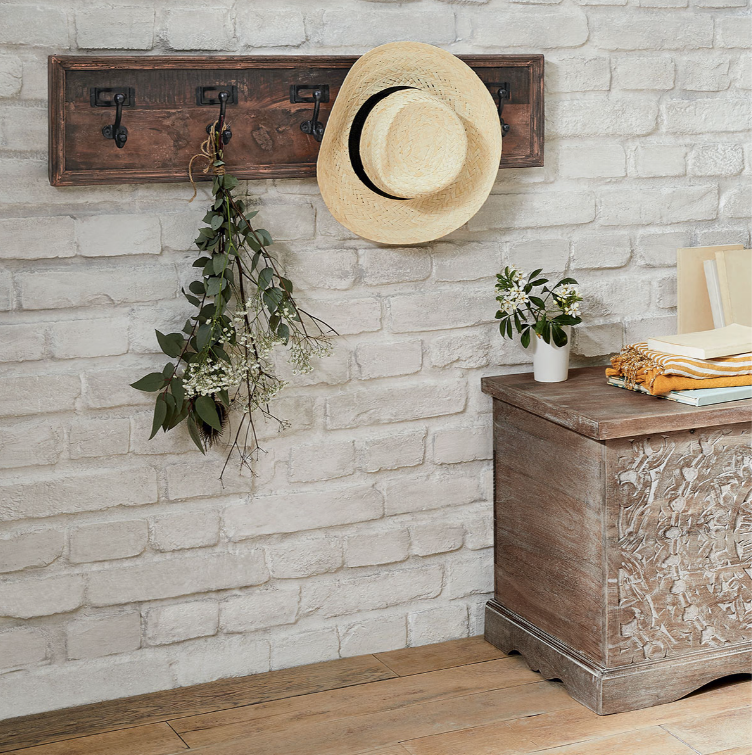
Home Beauty: caring for yourself AND the planet
These considerations aren't the preserve of experts or industry professionals. Many of us, as individuals, are concerned about the impact of our lifestyles and want to make more sustainable choices. Whether it’s salvaging bulky waste—known in France as “les monstres” collected from the streets on Sunday evenings—or buying second-hand furniture, such practices contribute to responsible consumption and reduce pressure on natural resources.
At JJA, we have translated this desire into our Home Beauty philosophy. It encourages making your home beautiful, functional, and restorative, while grounding this in a commitment to make choices that care for oneself and for those around us.
Because looking after your home is also looking after yourself. That means being mindful of the composition of the objects around you, where they come from, and the social context in which they were made.
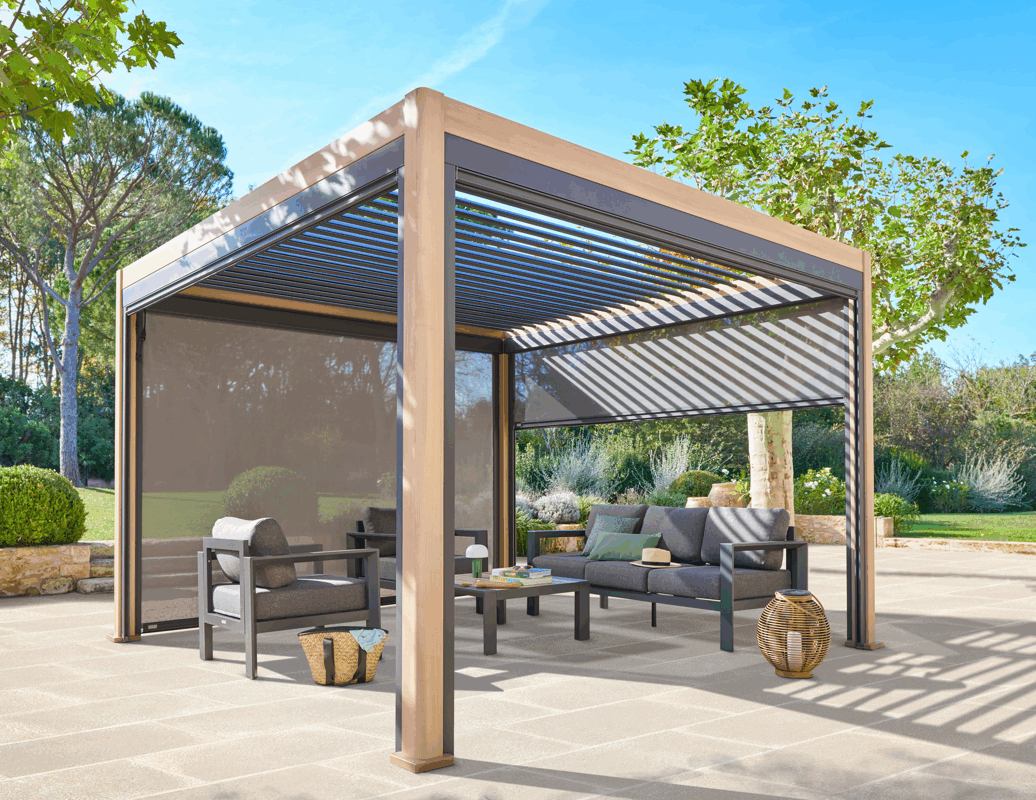
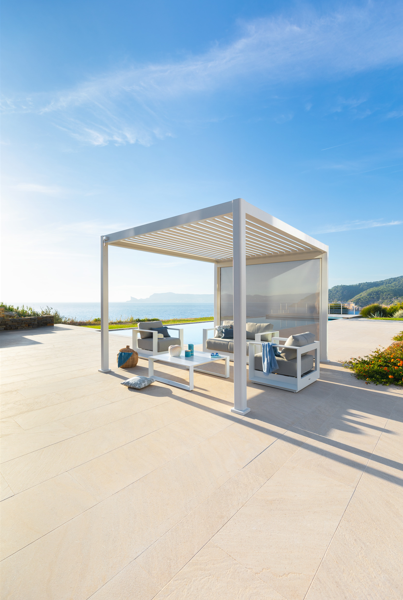
Building a better ecosystem together
JJA's role is to minimize the necessary withdrawals. Nature certainly renews itself, but not fast enough, and not infinitely. We all live in the same ecosystem. It's up to us to make good use of what it offers us, but also to reuse as much as possible of the resources we've already taken.
Raising this awareness is a shared responsibility. Providing the right information—both within JJA and to our customers—is a vital first step, because understanding the issues empowers everyone to make better choices. This philosophy also informs how we approach purchasing. In practice, it means knowing our suppliers inside out: when I visit a partner factory, I make a point of meeting their raw material suppliers. It was in this way, alongside our partner Hespéride, that we discovered remarkable innovations in the use of recycled aluminium. Step by step, we are broadening the range of materials we use to include more sustainable, and increasingly recycled, options.
Every part of our ecosystem—from suppliers to consumers, distributors, financial partners, and NGOs—faces challenges, but also brings ideas and expectations. Listening and supporting initiatives that drive positive change is part of our role.
There's no such thing as zero impact, but if action
Let’s be frank: zero impact is impossible. For me, being human means living, creating, and connecting with others. And that means that we need resources to eat, dress, care for ourselves, and live. Yes, we have an impact – but we also have the power to limit damage, preserve resources, and consciously shrink our footprint.
At JJA, we don’t wait for regulation to act. We believe that a robust CSR strategy, combined with a company willing to commit, can transform the sector. It is up to us to make sustainable homes and décor achievable, through an honest and transparent approach that considers both people and the planet.
The home of tomorrow is not a dream: it is being built today, through our choices, standards, and collective will to do better. Together, we can make it a reality.



